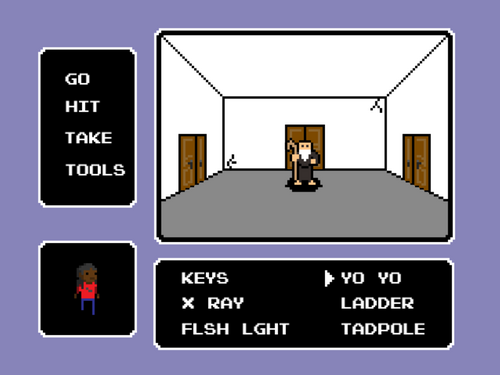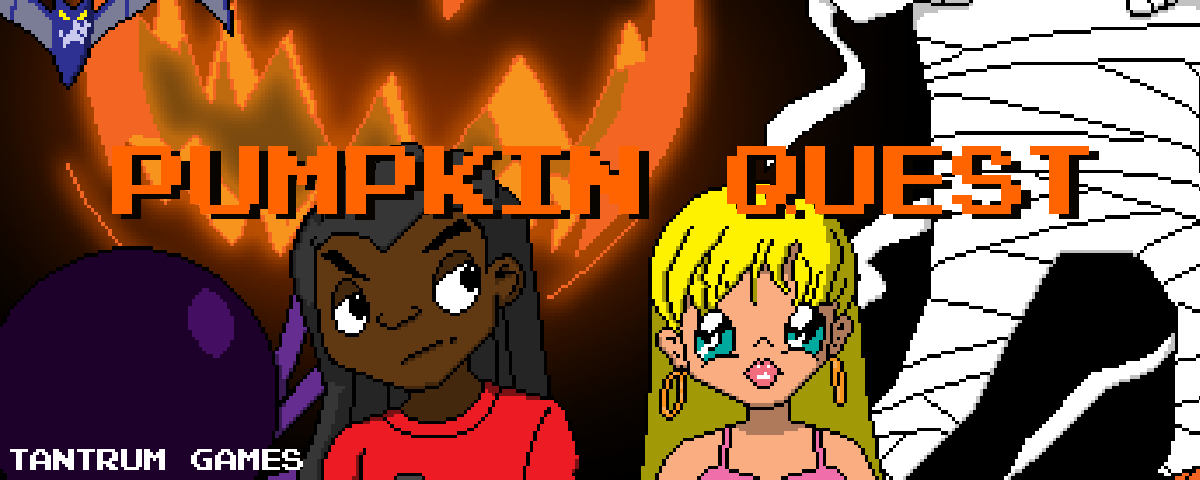Ten years ago... do's and don't(s) of game deving

The 7 Biggest Mistakes I’ve Made In My Game Dev Journey
(in a span of ten years)
Hello, gaming community members! I hope this summary (of the past ten years of my life as an indie developer) helps someone who is thinking of getting into game development. It will be a tough journey, I assure you that much. This is based on my experience and UX for others will vary. Let’s get started with the list of do’s and don’t s…
#1 WANTING MY FIRST PROJECT TO BE “THE” PROJECT…
I know what you’re thinking: “My first game is going to be amazing!!!” We all want to believe that facade when we have that initial game dev dream… Trust me, the quicker you swallow that red pill and see the truth, the better off you’ll be. Sorry to say it, but your first game will be bad. The number one reason for this? Game development is… hard for a lack of a proper term, especially for a novice fresh out the gates. Best practice for starting out fresh??? Make your first project a simple one. My first solo project was suppose to be a platformer that morphed into a Mega-Man style side scroller, with projectiles and other power-ups (I had no clue how to implement those mechanics at the time) etc… very ambitious scope for a noob and the project failed because I only had basic logic knowledge. This will sound so cliché but try making something like Pong or Breakout… If you can make a clone of either game you’re heading in the right direction. “Scope creeping” is the bane of the game development industry, in my honest opinion.
#2 SPENDING WAY TOO MUCH TIME ON ASSET PRODUCTION/DESIGN…
This one could be considered objective depending on your artistic abilities and workflow habits. I like to consider myself an average, decent artist... spending insane amounts of time on making assets is a huge waste in my experience, especially if you’re just starting out. If I could get back all those hours spent on making assets (for the Spire game) I’d be a happy camper. As an indie developer, time is your most precious resource. Making minimal art assets is the best way to produce quality sprites quickly and using IDE plug-ins isn’t a bad idea if you’re pressed for time. Short-cuts are not a bad thing, if fact it’s a great practice for novice. Getting assets from the internet is also a common practice among game devs so use every advantage you can find to limit production time… you’re going to need all the time in the world for play-testing/debugging… joy.
#3 NOT USING A CDD (Creative Design Document)…
This one may be trivial if you’re re-making Pong or Breakout, but it’s definitely a great idea for bigger projects especially if you’re working with a team. CDDs help keep all information about your project organized for people with “short-term” memory issues. Besides just being the “design bible” for development, it can be used as a development “checkpoint” marking milestones. It also makes the “what comes next???” question easier to answer. I don’t know where I’d be in my current project if I didn’t bother creating/using one, but I doubt I’d make any significant strides without one. CDDs are also great content for things such as e-manuals or “swag” rewards for crowd funding backers. So to recap: CDDs = good thing.
#4 ACCENTUATE YOUR STRONGEST ATTRIBUTE(s)…
Find help for the areas you lack confidence… I know this can be unpleasant for a lot of people out there. Meeting new people can be a daunting task, let alone meeting people online. Fortunately, the indie dev community is one of the most welcoming communities out there. I’m an introvert, and I’ve met some really amazing people online, so get out there and try to meet like-minded people to help get your project off the ground. I’m sort of a “jack of all trades; master of none” kinda guy. I dabble in art, music and programming, the latter the least, but I’m still learning as I go. If you’re a semi-skilled individual, meaning you can juggle more than one hat, I say go for the “solo” developer journey… if not, find like-minded people who are skilled in the obvious game dev roles: artist, designer, writer, programmer, composer, etc… not everyone is a “do it all by yourself” kind of person. Find out what you bring to the table and find people who fill in the rest. I worked in a team when I first started out, but it didn’t last long. I may work with another one in the near future. Go with what works for you.
#5 NOT JOINING/REACHING OUT TO THE GAME DEV COMMUNITY…
In real life, I’m an introvert... (as stated in the prior mistake) Social situations are a bit… discomforting, especially awkward confrontations. With the advent of the mobile age, being connected to the “matrix” is pretty much standard practice. Everyone (making games) are online now… so you’re going to have to get from under that shell and make nice with the community. I initially thought joining an online community wouldn’t be much of a frightening proposition … and then I got introduced to “trolls” and that just made the dark waters even more murkier. On the bright side, trolls only represent 2-3% of a community, and if the mods are doing their jobs that percentage drops. So if you suffer from anxiety, like most artistic people do, joining any kind of social circle can feel a bit overwhelming but it’s a must in the world of indie deving. You have to conquer your fears. I really wish I was way more active in the community when I first started my journey. This can be attributed to mistake #4: having more eyes on your work will help providing feedback and give you a scale of what you’re good at and what either needs practice or can be out-sourced to another person. In theory, it should help facilitate the development process, making the experience more productive and efficient. Participating in a game jam is a great example of community “mingling”…
#6 NOT TAKING ENOUGH BREAKS…
So I got a bit “personal” in the previous mistake… I’m going to get even more personal with this one. I have a day job; I work in the maintenance department of a mental health facility. It’s a very stress-inducing environment and being the sensitive being I am, it can take a toll on me emotionally. During the development cycle of a project called “The Spire” I had a massive anxiety attack and was rushed to the hospital. (heart rate was way above normal) I stayed there for two days in order to be monitored. Long story short, I found out that the stress of deving/day gig woes caused the panic attack. My diet also played a role so I started to eat right/stress less and I got back to being myself again. I’m venting this because stress and mental health are no joke. I see the ramifications of not managing either on a daily basis, so please, take a break from time to time. I took four months off from my current project (after the passing of my grandmother) and looking back, I regret nothing. I’m more focused and refreshed… solving development issues that plagued me before is becoming a bit easier once I took a step back to analyze things. So to recap: Breaks = great for productivity…
#7 ASK YOURSELF THIS: CAN I DO THIS???
This is something I should have asked myself ten years ago when I started my journey. Not everyone is cut out to be a game developer. It takes a massive amount of dedication, practice and energy to make a video game. Ask yourself if you’re willing to put in long hours, deal with complicated situations in IRL and overall just take the good with the bad… if you checked no to any one of these boxes game development may not be a good fit for you. I’m just being honest. I’m not making a “click bait” thread with “feel good” stories and examples. Game deving will break you if you’re not prepared to deal with the trials that come postmortem. Make sure this is something you like/love doing before you dive full on into the fray… and something you’re good at. It will help eliminate the shock when that rude awakening comes out from lurking in the shadows… because it’s coming… make no mistakes about it.
Thank you for reading this blog and I hope it helps ease your transition into game development.
Get Pumpkin Quest: Retro Love Letter
Pumpkin Quest: Retro Love Letter
Pumpkin Quest is a retro, 2-D pixel platformer with hybrid RPG and Metroidvania elements added in.
| Status | Released |
| Author | TANTRUM games |
| Genre | Platformer |
| Tags | Action RPG, Colorful, Construct 2, gamepad, Halloween, Metroidvania, NES (Nintendo Entertainment System), Pixel Art, Retro |
| Languages | English |
| Accessibility | Interactive tutorial |
More posts
- It's been a while...Jul 12, 2023
- Pumpkin Quest update 1.4 detailsDec 30, 2019
- New game demo!!!Apr 12, 2019

Leave a comment
Log in with itch.io to leave a comment.